Introduction to High-Efficiency Filters in Beijing
Beijing, the capital city of China, is known for its rich history, cultural heritage, and bustling urban life. However, like many major cities, it also faces challenges such as air pollution. To combat this issue, the use of high-efficiency filters has become increasingly important in various sectors, including residential, commercial, and industrial applications. In this article, we will delve into the world of high-efficiency filters in Beijing, exploring their types, benefits, and applications.
Types of High-Efficiency Filters in Beijing
High-efficiency filters, also known as HEPA (High-Efficiency Particulate Air) filters, are designed to trap a high percentage of airborne particles, including dust, pollen, pet dander, mold spores, and bacteria. In Beijing, there are several types of high-efficiency filters commonly used:
HEPA Filters: These are the most common type of high-efficiency filters and are capable of capturing particles as small as 0.3 micrometers with an efficiency of 99.97% or higher.
ULPA (Ultra-Low Penetration Air) Filters: These filters are even more efficient than HEPA filters, with an efficiency of 99.9995% or higher. They are often used in critical environments where the highest level of air purity is required, such as cleanrooms.
Carbon Filters: While not as efficient as HEPA or ULPA filters in trapping particles, carbon filters are excellent at adsorbing volatile organic compounds (VOCs), odors, and gases.
Photo-Catalytic Filters: These filters use a combination of HEPA technology and a photo-catalytic coating to remove not only particles but also bacteria, viruses, and odors from the air.
Benefits of High-Efficiency Filters in Beijing
Implementing high-efficiency filters in Beijing offers numerous benefits, particularly in the context of air quality and health:
Improved Air Quality: High-efficiency filters can significantly reduce the concentration of airborne particles, improving the overall air quality in homes, offices, and public spaces.
Health Benefits: By removing harmful particles from the air, high-efficiency filters can help reduce the risk of respiratory illnesses, allergies, and other health issues, especially for individuals with compromised immune systems or existing health conditions.
Energy Efficiency: Clean air filters can improve the efficiency of heating, ventilation, and air conditioning (HVAC) systems by reducing the workload on the equipment and extending the lifespan of the filters themselves.
Cost Savings: While the initial investment in high-efficiency filters may be higher than traditional filters, the long-term benefits, including improved health and reduced maintenance costs, can outweigh the initial expense.
Applications of High-Efficiency Filters in Beijing
High-efficiency filters are used in a wide range of applications across Beijing:
Residential Homes: Homeowners in Beijing are increasingly installing high-efficiency filters in their HVAC systems to improve indoor air quality and protect their families from air pollutants.
Commercial Buildings: Offices, schools, hospitals, and other commercial buildings in Beijing are adopting high-efficiency filters to ensure a healthy and comfortable environment for their occupants.
Industrial Facilities: Factories and manufacturing plants in Beijing use high-efficiency filters to maintain clean air for their employees and to comply with environmental regulations.
Public Spaces: Public transportation, airports, and other public spaces in Beijing are equipped with high-efficiency filters to provide clean air for the benefit of all users.
Challenges and Solutions in Beijing
While high-efficiency filters are a valuable tool in improving air quality in Beijing, there are challenges to be addressed:
Cost: The cost of high-efficiency filters can be higher than traditional filters, which may pose a barrier for some consumers and businesses.
Installation and Maintenance: Proper installation and regular maintenance are crucial for
转载请注明来自衡水悦翔科技有限公司,本文标题:《北京高效过滤器英文:高效过滤网英文 》

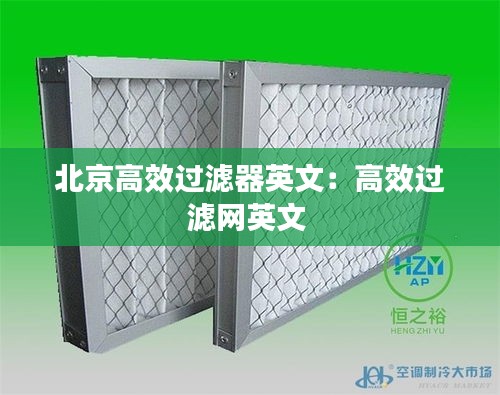
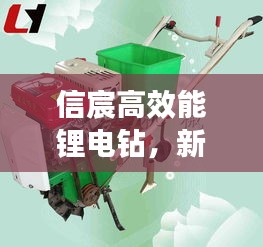
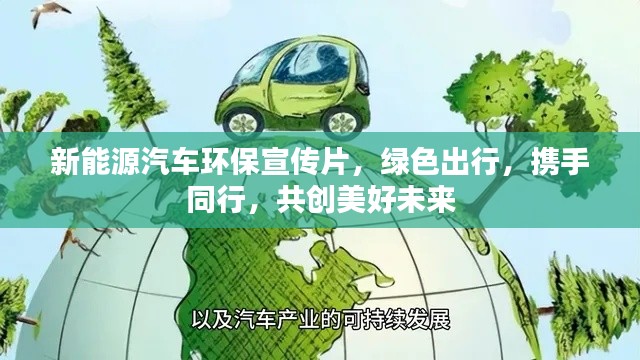
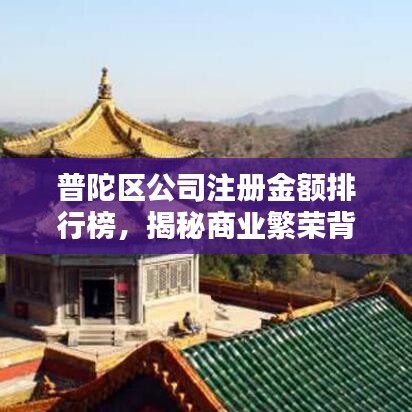
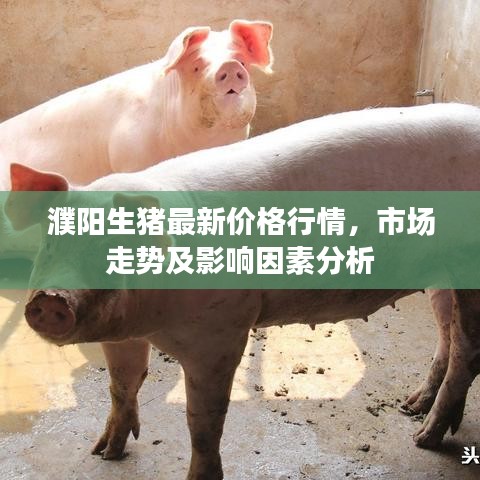
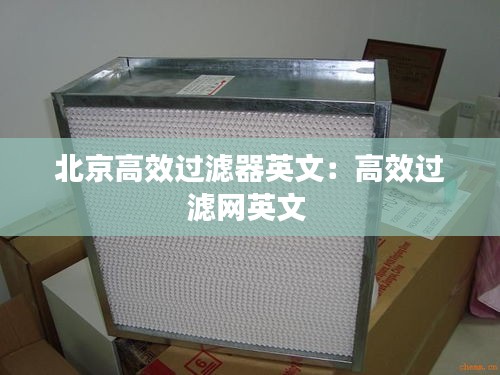







 冀ICP备2023036310号-1
冀ICP备2023036310号-1
还没有评论,来说两句吧...